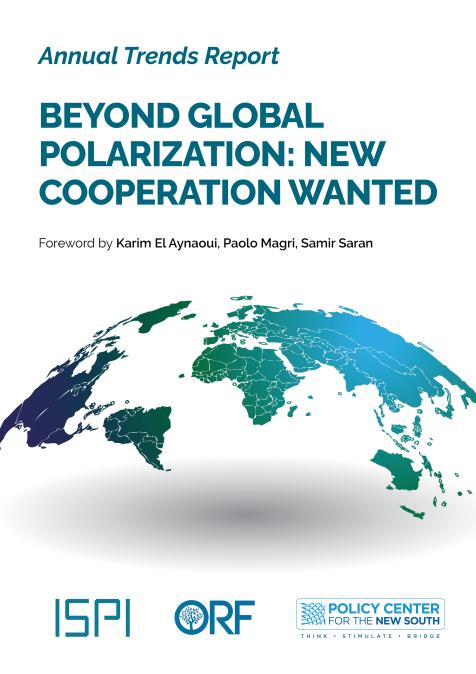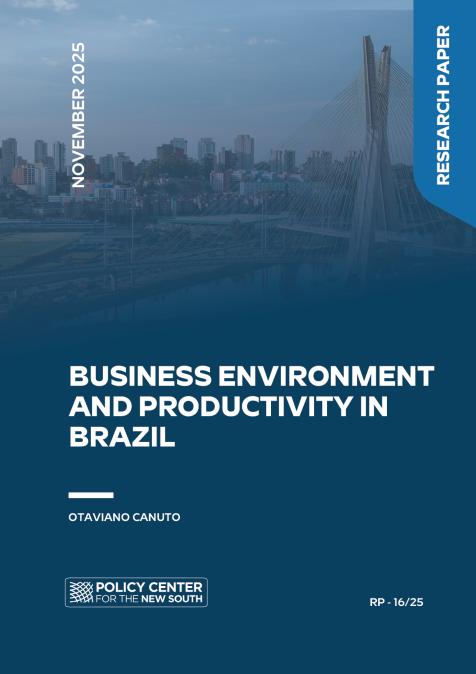Podcasts
A Path to Strengthening the Global Financial Architecture
02
February
2024
Related topics:
In this podcast, Mr. Ferid Belhaj, Vice President - Middle East North Africa, World Bank Group shares his insights around the key takeaways from the Annual Meetings 2023 as well as his vision of the global financial architecture and the transformative potential of the Marrakesh Declaration to improve the outcomes on global public goods and development. In this episode, we also adress questions on what efforts can the bank do in that respect to mobilize more private capital in climate resilience/development projects.










